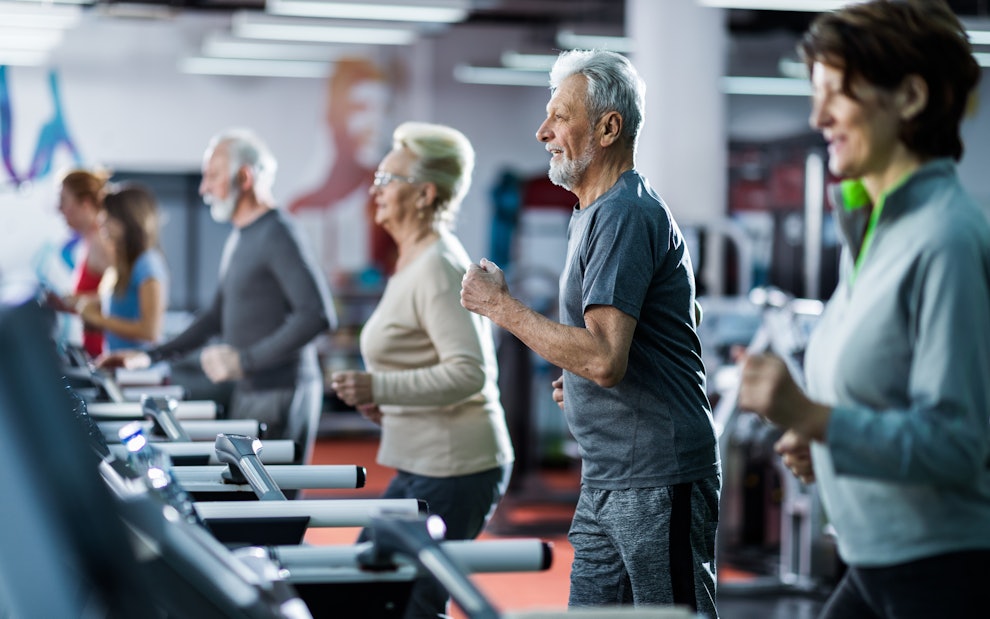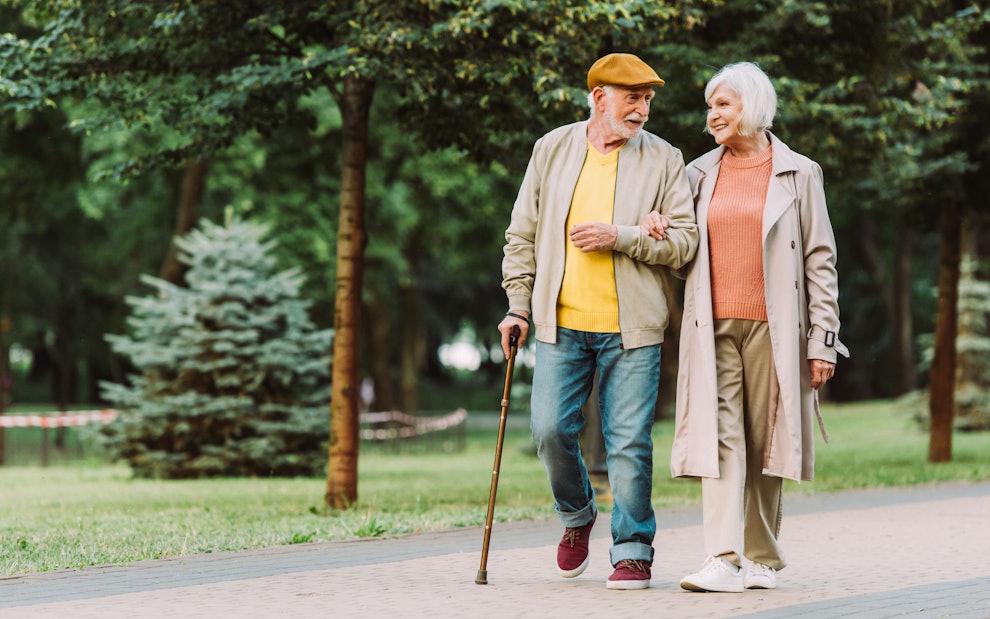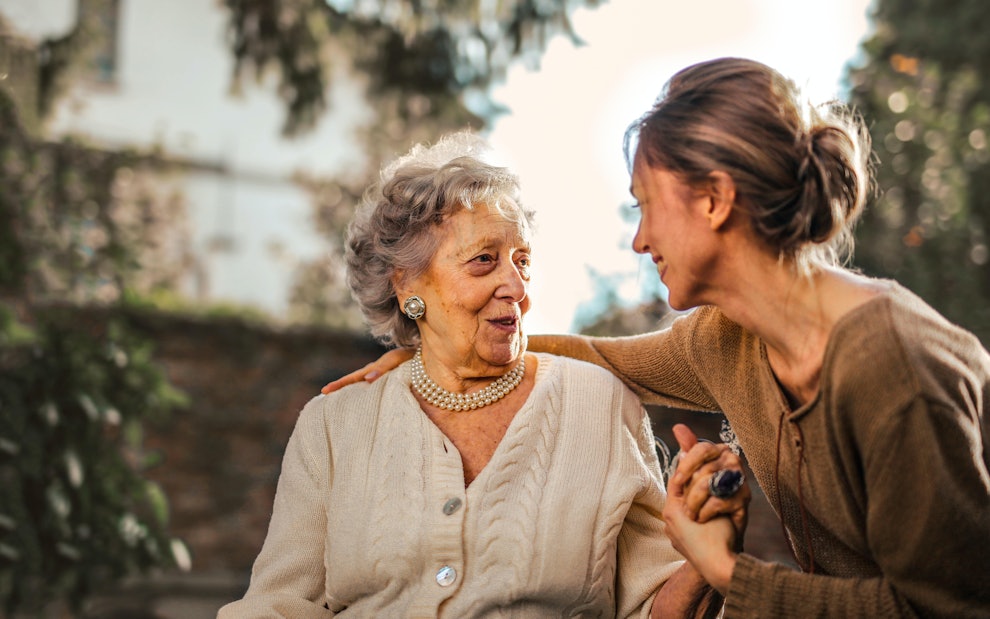Helpful Technologies to Help Older Adults Monitor their Health
Article at a glance
Three in four older Americans prefer to stay in their own home, so there will be more need for monitoring health technologies. To learn more about the importance of healthcare technology for seniors, read this section.
The MedMinder locked pill dispenser is programmed to unlock when it’s time for the user to take their medicine. To learn more about digital pill dispensers, read this section.
LifeStation is wearable health technology that sends out an alert in the event of an emergency, and includes a GPS tracking system that allows operators to find the user. To learn more about medical alert buttons, read this section.
The company VitalTech creates watches that monitor falls and also check vital signs such as heart and respiratory rate. To learn more about smart watches, read this section.
Fitness trackers can help older adults stay healthy and fit, and detect accidents such as tripping and falling. To learn more about fitness trackers, read this section.
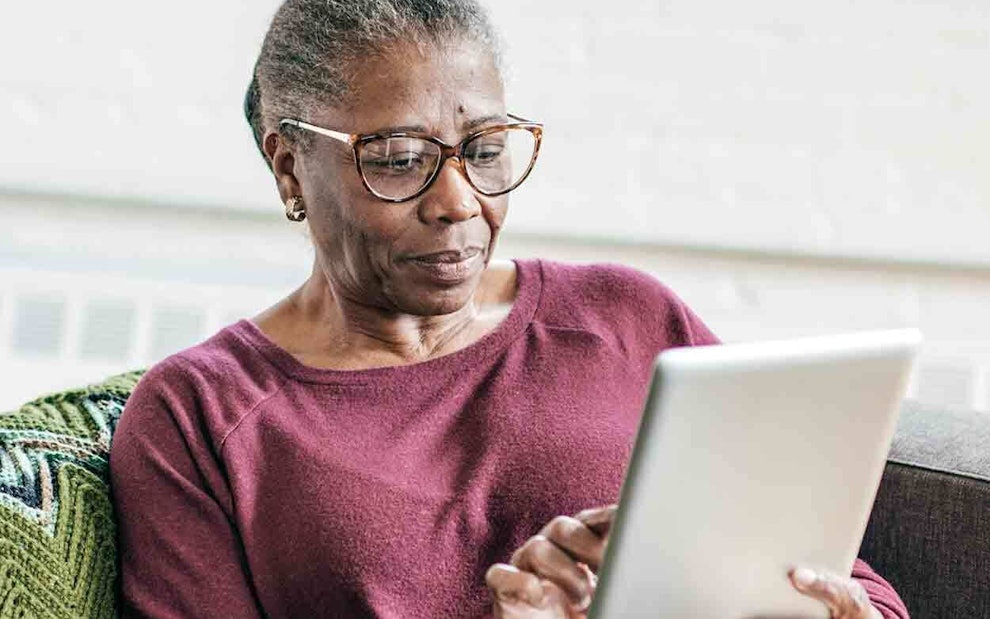
With the number of Americans aged 65 and older projected to nearly double to 95 million by 2060, we may begin to see an upward trend in technology being used to monitor health. Technology may be especially useful when adult children or other family members aren’t close by to provide immediate care. Health-monitoring technologies are often designed with easy-to-use features and with a number of uses, from reminding older adults to take their pills on time to monitoring falls and sending out emergency alerts. They provide connections to assistance, and as a result, peace of mind. Ironically, while older Americans are using more technology, they don’t always use it to their full advantage, with many citing privacy as a concern.
According to the American Association of Retired Persons (AARP), three in four older Americans prefer to age at home. Could technology be the key to achieving this goal? The consensus, it seems, is that it can certainly help. But what technologies are the most useful in helping older adults monitor their health? And are affordable options available?
The importance of healthcare technology for seniors
The choice of older Americans to age at home has become more realistic and safer, due to advances in technology. Medical alert systems, mobile apps, assistive devices, wearable trackers, smart technology, and other devices are helping keep senior citizens safer, healthier, and more independent.
Which technologies help older adults monitor health?
Digital pill dispensers
In an AARP survey of older adults and technology usage, 40 percent of respondents said they were interested in technology that would remind them to take their medicine and notify their healthcare provider if they hadn’t. The MedMinder locked pill dispenser does just that. The device, which resembles a regular 7‑day pill dispenser, is programmed to unlock when it’s time for you to take your medicine. A caregiver can also monitor your activity remotely. If you forget to take a pill, the dispenser will beep, and if that doesn’t work, you’ll receive a reminder from a pre-recorded familiar voice, such that of a child or grandchild. If you still haven’t taken your medicine, you and your caregivers will get a phone call. Some great news for those concerned about the cost: MedMinder works with most insurance providers and Medicare Part D.
Medical alert button
If you’re a senior citizen living alone, you might consider having a medical alert button handy. Several companies make wearable devices, such as pendants or wristbands, that send out an alert in the event of an emergency. One particularly cost-friendly alert system is LifeStation. These wearable devices are water-resistant, so they can be worn in the shower. LifeStation Mobile includes a GPS tracking system that allows operators to find the user in case of an emergency. While Medicare doesn’t generally cover the cost of medical alert systems, some private health insurance plans supplemented by Medicare part C may be able to provide some coverage, but it’ll depend on the company. However, Medicaid does generally cover the cost of personal emergency response services, such as medical alert devices. Private health insurance plans may also help cover the cost.
Smart toilet
While some technology requires a bit of effort on your part, this new cutting-edge device does all the work as you go about your business. The TrueLoo is a smart toilet created by Toi Labs that monitors your health by analyzing your stool. It can catch health problems, such as dehydration and norovirus before they become more serious. Wondering how it works? After you use the toilet, the TrueLoo will securely collect health data and send it out to your care team for analysis. You’ll receive actionable suggestions to help stay healthy as well as daily wellness reports on your mobile device. The cost of the smart toilet has yet to be determined, though it’s already being used in senior living communities across the country.
Smart watch to monitor falls
Using technology to detect a fall or get emergency help was of particular interest for 39 percent of older individuals surveyed by AARP. If you want the security of an alert system, with a sleeker and more discreet design, smart watches that monitor falls are ideal. VitalTech creates watches that not only monitor falls but also check vital signs like heart and respiratory rate, as well as oxygen saturation. They also track sleep quality and physical activity. If the watch detects a fall, an alert will go out to a call center. The watch can also be programmed to send an alert to five family members through email or text. Caregivers can view information on their loved one’s vitals via a mobile app. VitalTech watches are waterproof and sweat resistant, which means you can wear them in the shower. Another perk: their cost may be reimbursable through Medicare.
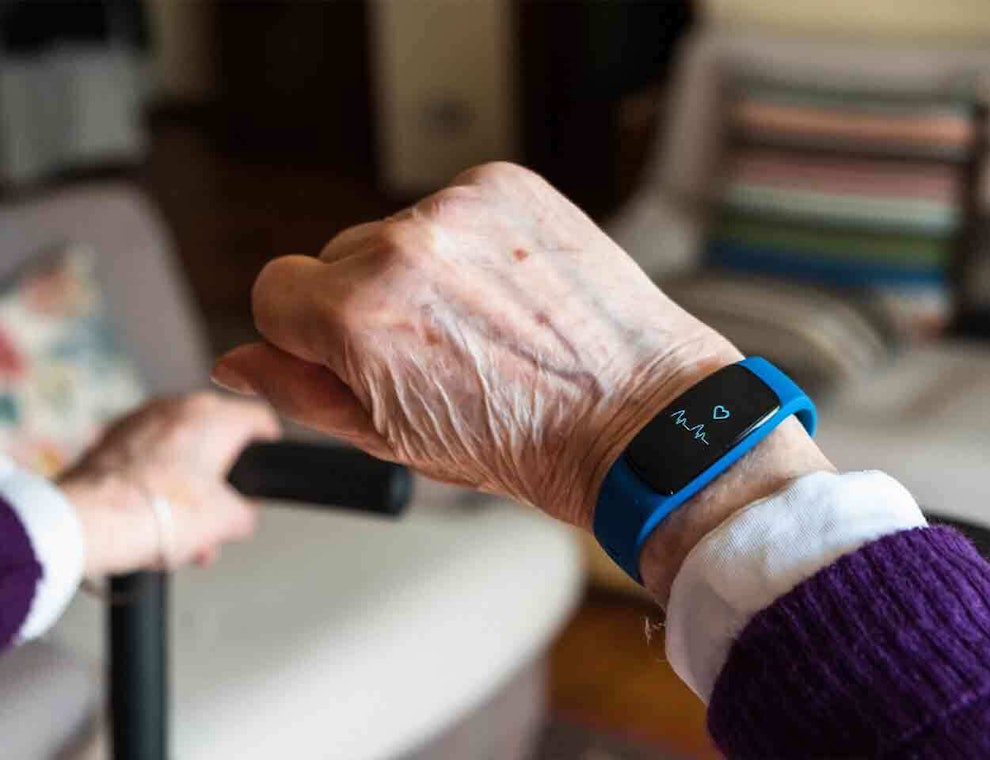
Senior fitness tracker
Regular exercise can help seniors stave off future health problems and prevent accidents like falling. The CDC recommends that older adults engage in muscle-strengthening activities that work all major muscle groups for two or more days a week, and moderate exercise for at least 30 minutes, five days a week. Unfortunately, less than one-third of Americans aged 65 and older actually get this amount of physical activity. But devices like smart watches and fitness trackers can help older adults to get moving. The Apple Watch monitors your heart rate and watches your step count, and Apple has partnered with insurance companies, including the Medicare Advantage insurer Devoted Health, to provide discounts. Additionally, Fitbit, the fitness tracking device, may be discounted or even fully covered by your insurance plan.
The technology landscape is constantly evolving to help you achieve a good quality of life throughout your golden years. Alert systems, smart watches, fitness trackers, smart toilets, digital pill reminders are just some of tools available to help older adults live full, independent lives. What’s more reassuring is that even though data privacy remains a concern, many adults seem to be open to new healthcare technology. According to the AARP, 53 percent of respondents said they would prefer to have their health care needs managed by a combination of health technology and medical staff. More and more, older Americans are using smartphones, smart home technology, and social media on a regular basis. While some of us may still be hesitant to embrace this new and emerging technology as unable to replace human-to-human interaction, others may feel that these technologies help us stay even more connected. And in keeping us connected to the ones we love, health care technology can serve as a lifeline.
Sources
https://www.prb.org/resources/fact-sheet-aging-in-the-united-states/
https://www.medicarefaq.com/faqs/does-medicare-cover-medical-alert-systems/
https://www.ncoa.org/article/exercise-programs-that-promote-senior-fitness
https://healthygrandcounty.org/2020/02/top-tech-to-help-seniors-stay-up-to-date-on-their-health/
Become a patient
Experience the Oak Street Health difference, and see what it’s like to be treated by a care team who are experts at caring for older adults.


